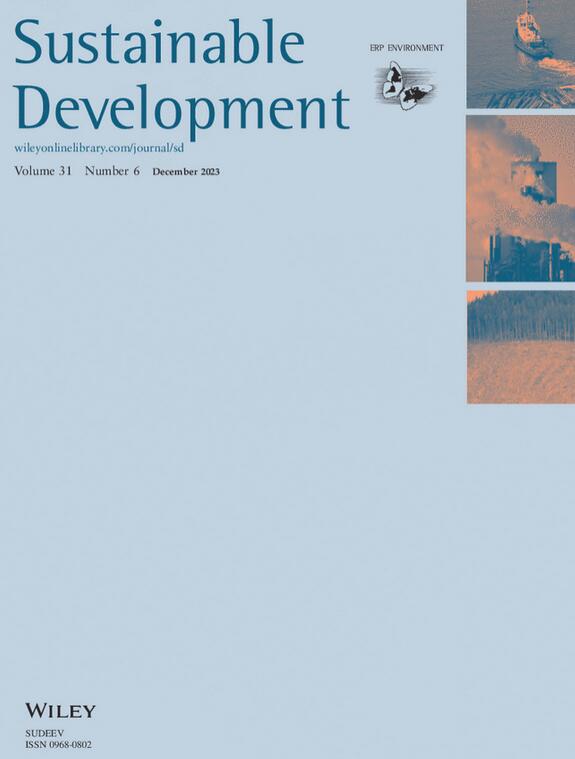Solving flood problems with deep learning technology: Research status, strategies, and future directions
IF 9.9
1区 环境科学与生态学
Q1 DEVELOPMENT STUDIES
引用次数: 0
Abstract
As a frequent and devastating natural disaster worldwide, floods are influenced by complex factors. Building flood models for simulating, monitoring, and forecasting floods is crucial to reduce the risk of disasters and minimize damage to people and property. With advancements in computing power and the impressive capabilities of deep learning in such areas as classification and prediction, there has been growing interest in using this technology in flood research. There is also a growing body of research into building flood data‐driven models with deep learning. Based on this, this study adopts a mixed‐method approach of bibliometric and qualitative analyses to provide an overview of the research. The research status is revealed in a bibliometric visualization, where the research objects are defined from the flood perspective, and the research strategies are explained from the deep learning perspective to provide a comprehensive and in‐depth understanding of the flood problem and how to apply deep learning to solve it. In addition, the study reflects on the future direction of improvement and innovation needed to promote the further development and exploration of deep learning in flood research.用深度学习技术解决洪水问题:研究现状、战略和未来方向
洪水是全球频繁发生的毁灭性自然灾害,其影响因素错综复杂。建立洪水模型来模拟、监测和预报洪水,对于降低灾害风险、减少人员和财产损失至关重要。随着计算能力的进步以及深度学习在分类和预测等领域令人印象深刻的能力,人们对将这一技术用于洪水研究的兴趣与日俱增。利用深度学习建立洪水数据驱动模型的研究也越来越多。在此基础上,本研究采用文献计量和定性分析的混合方法,对研究情况进行了概述。通过文献计量学可视化揭示研究现状,从洪水角度界定研究对象,从深度学习角度阐释研究策略,从而全面深入地了解洪水问题以及如何应用深度学习解决该问题。此外,研究还反思了未来需要改进和创新的方向,以推动深度学习在洪水研究中的进一步发展和探索。
本文章由计算机程序翻译,如有差异,请以英文原文为准。
求助全文
约1分钟内获得全文
求助全文
来源期刊

Sustainable Development
Multiple-
CiteScore
17.30
自引率
11.20%
发文量
168
期刊介绍:
Sustainable Development is a publication that takes an interdisciplinary approach to explore and propose strategies for achieving sustainable development. Our aim is to discuss and address the challenges associated with sustainable development and the Sustainable Development Goals. All submissions are subjected to a thorough review process to ensure that our readers receive valuable and original content of the highest caliber.
 求助内容:
求助内容: 应助结果提醒方式:
应助结果提醒方式:


